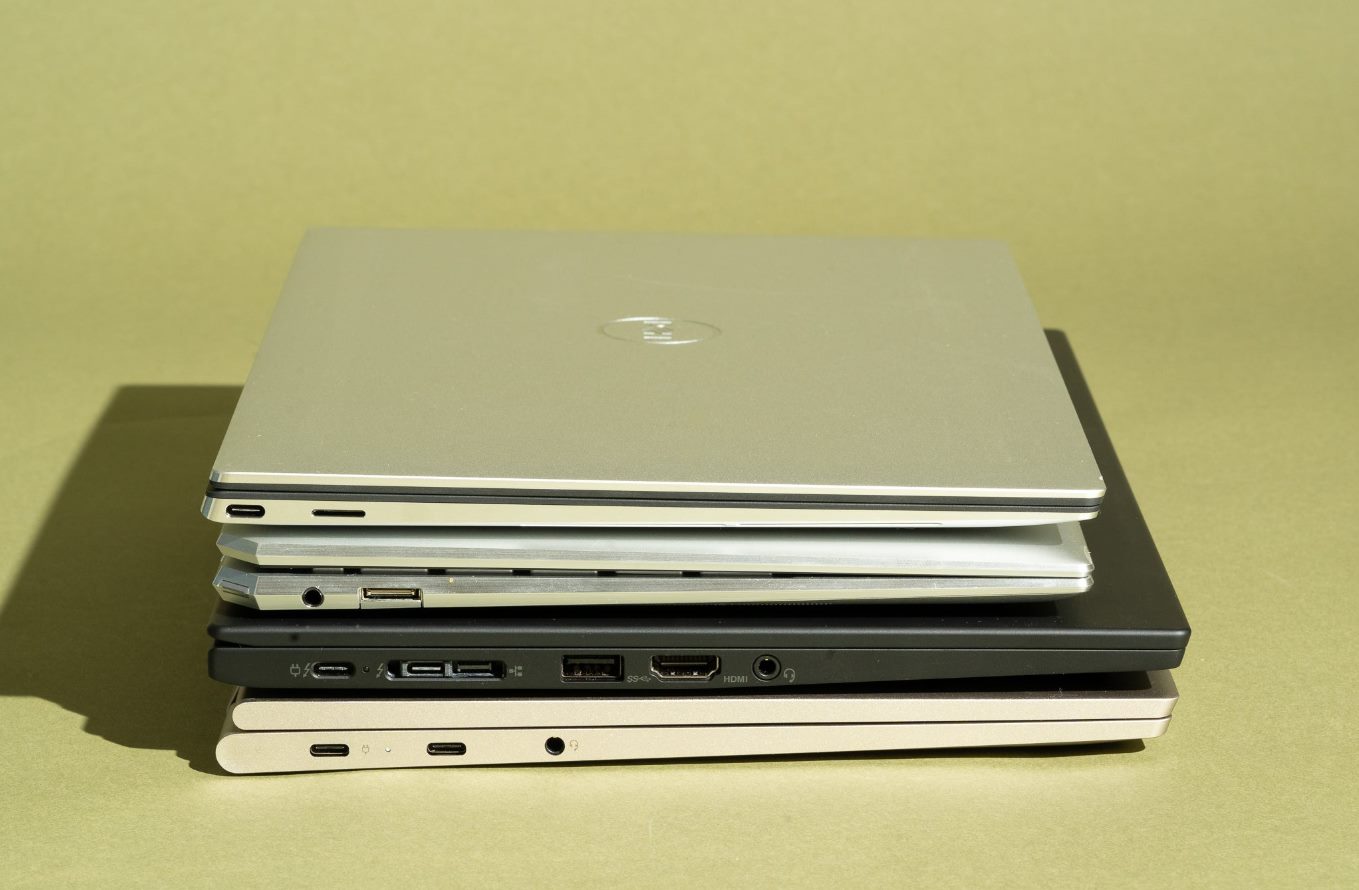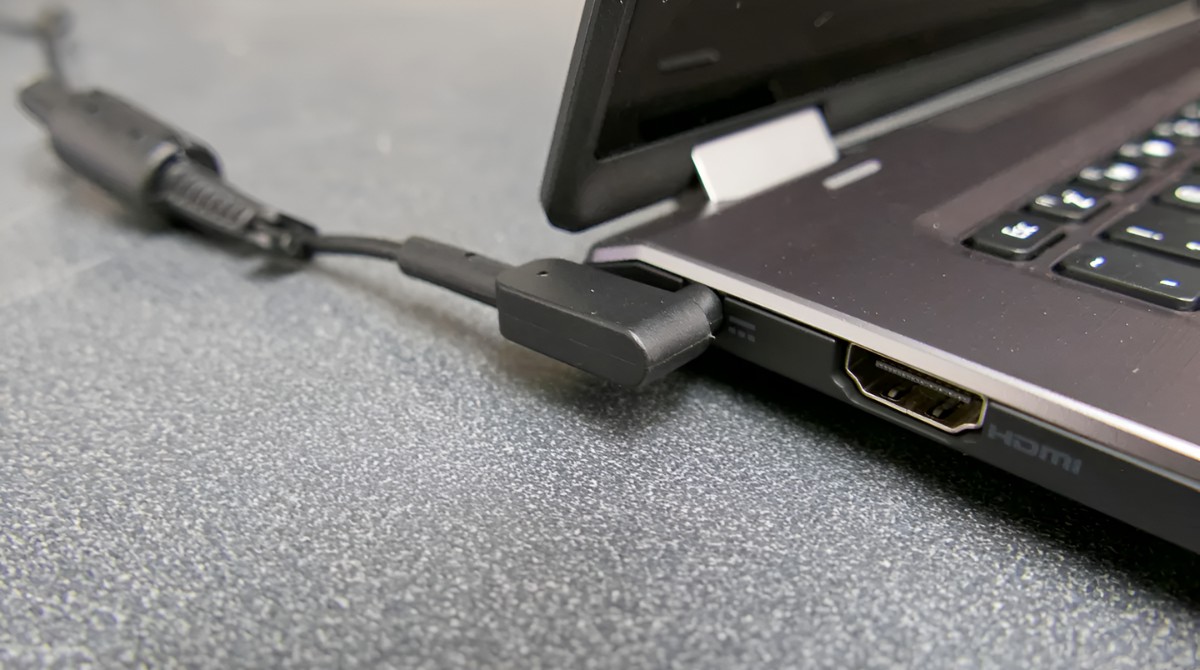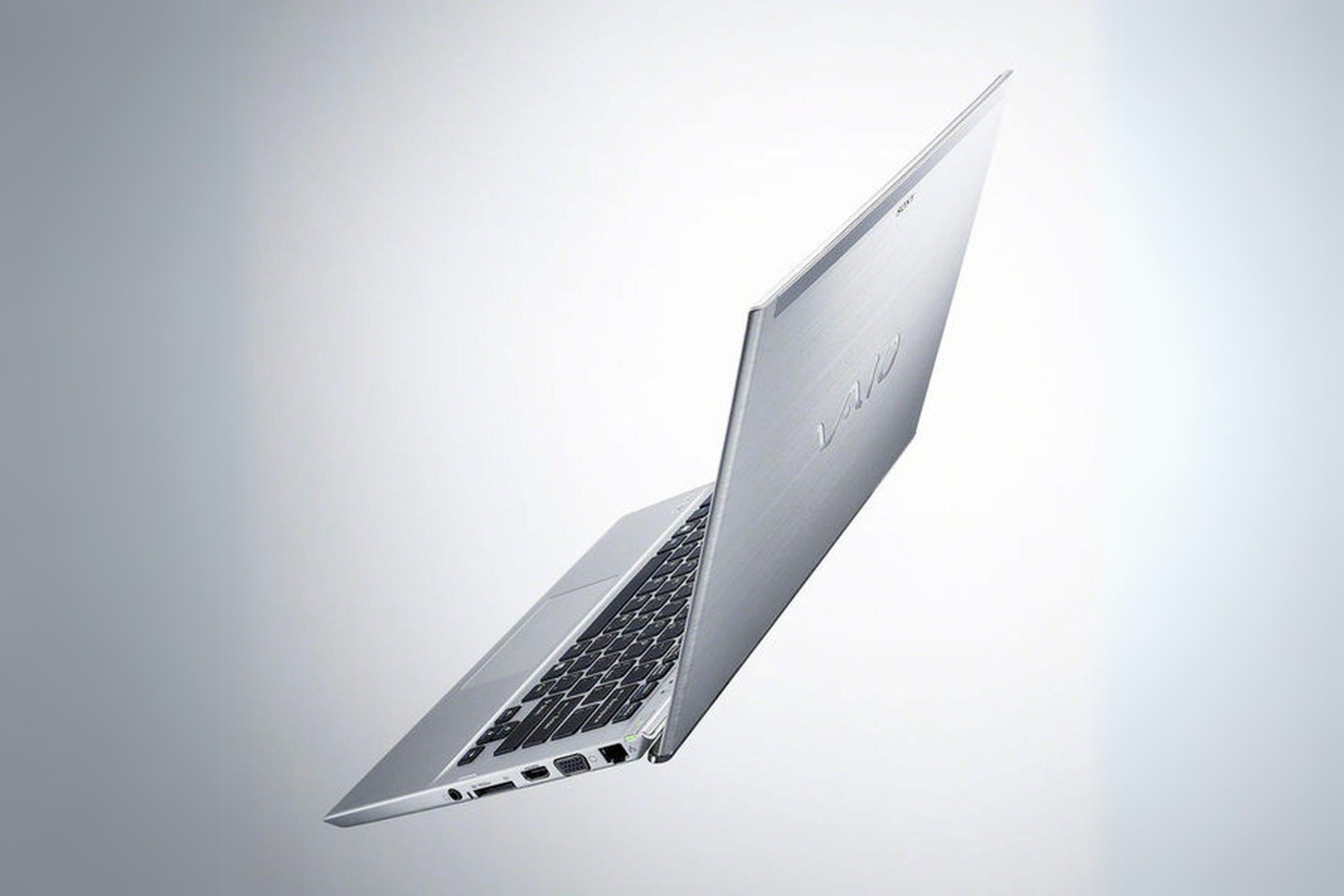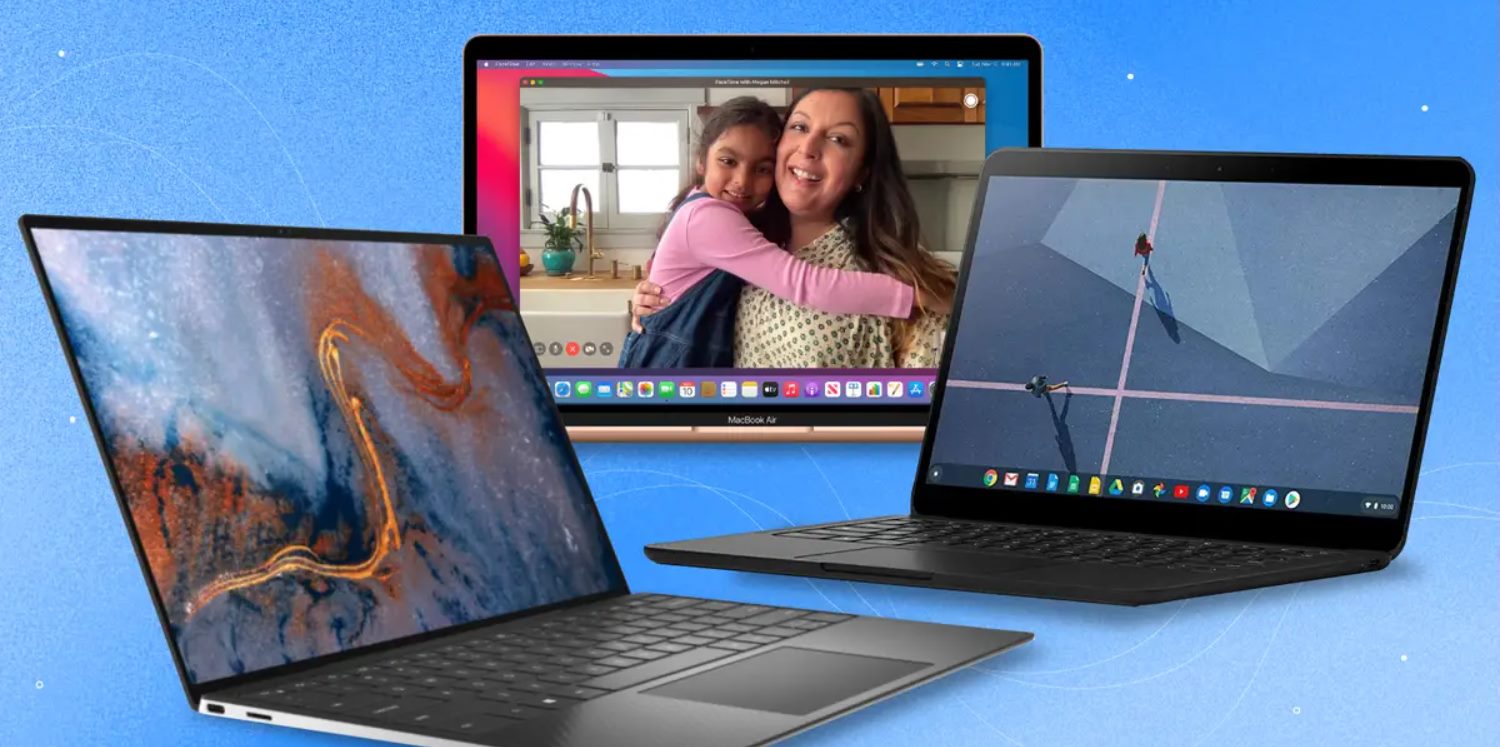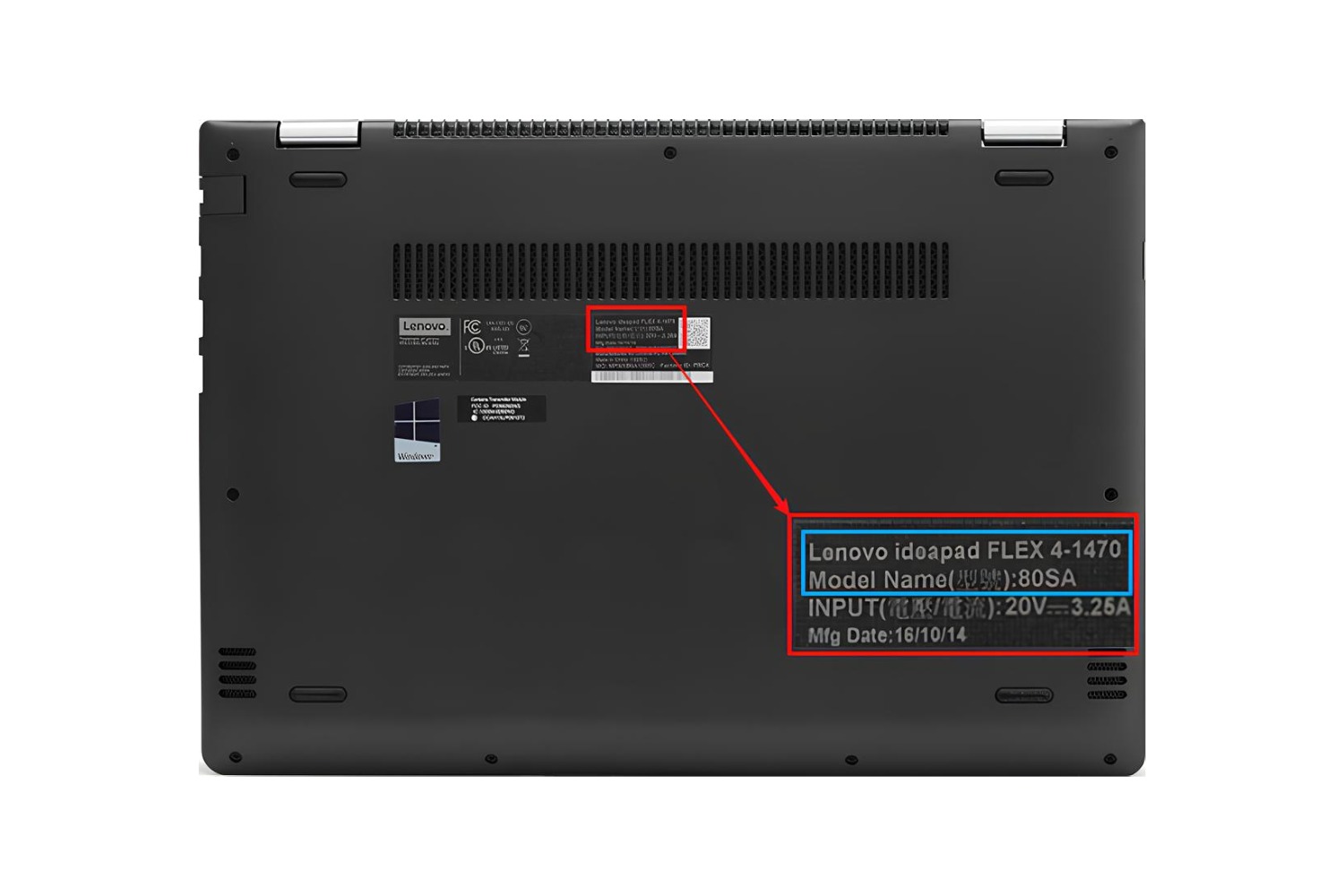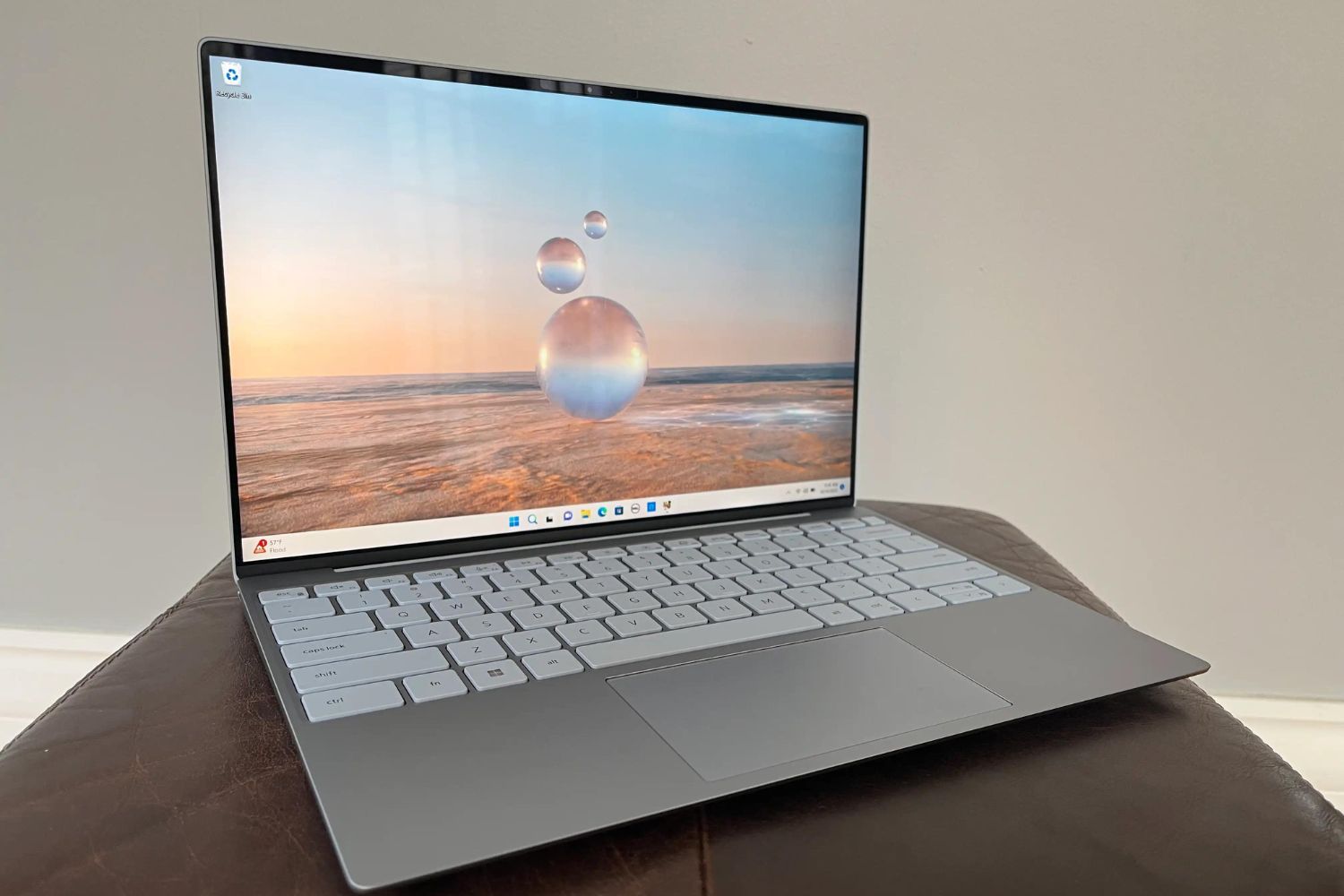Introduction
Welcome to this informative article that explores the fascinating world of ultrabooks and laptops. With the continuous advancements in technology, it can be overwhelming to keep up with the latest gadgets and their features. Two popular terms you might have encountered when shopping for a new portable computer are “ultrabook” and “laptop.” While these terms are often used interchangeably, they do possess some distinct differences that are worth exploring.
As our lives become increasingly reliant on portable devices, it’s important to choose the right one that suits our needs and preferences. Whether you’re a student, a professional, or an avid traveler, understanding the disparity between ultrabooks and laptops can help you make an informed decision when purchasing a new device.
In this article, we will delve into the key differences between ultrabooks and laptops, including their definition, size and weight, performance and power, battery life, design and build quality, and price. By the end of the article, you will have a better understanding of these portable devices, enabling you to choose the one that best fits your requirements.
Definition of an Ultrabook
An ultrabook is a term coined by Intel to describe a specific type of laptop that meets certain criteria. Ultrabooks are designed to be slim, lightweight, and highly portable, offering a balance between performance and mobility. These devices typically have a sleek and minimalist design, making them aesthetically appealing.
One of the defining features of an ultrabook is its size and weight. Most ultrabooks have a screen size ranging from 12 to 14 inches, although some models may go up to 15 inches. They are incredibly thin and light, often weighing less than 3 pounds (1.3 kilograms). This makes them easy to carry around, fitting comfortably in a backpack or briefcase without adding excessive bulk.
Another characteristic of an ultrabook is its performance and power efficiency. These devices are powered by Intel processors, typically from the Core i5 or i7 series, which provide a good balance between speed and energy consumption. Ultrabooks also feature solid-state drives (SSDs) instead of traditional hard drives, resulting in faster boot times and improved overall responsiveness.
In terms of operating systems, ultrabooks commonly run on Windows, although there are also options available with macOS or Chrome OS. The combination of the powerful hardware and efficient operating system allows ultrabooks to handle a wide range of tasks, including productivity applications, web browsing, multimedia consumption, and even light gaming.
Furthermore, ultrabooks often boast impressive battery life. With advancements in battery technology and power management, many ultrabooks can last anywhere from 8 to 12 hours on a single charge, depending on usage and settings. This prolonged battery life ensures that users can work or enjoy entertainment without constantly worrying about finding a power outlet.
In summary, an ultrabook is a type of laptop that is characterized by its slim and lightweight design, high performance, long battery life, and portability. These devices are ideal for individuals who require a powerful yet compact computer for work, school, or on-the-go use.
Definition of a Laptop
A laptop, also known as a notebook computer, is a portable computing device that is designed to provide the functionality of a desktop computer while offering the convenience of mobility. Laptops come in various sizes, shapes, and configurations to cater to a wide range of user needs and preferences.
One of the primary distinguishing features of a laptop is its larger form factor compared to ultrabooks. Laptops typically have screen sizes ranging from 13 to 17 inches, although there are models available with even bigger displays. The larger screen real estate allows for more comfortable viewing and multitasking, making laptops suitable for tasks that require extensive screen space, such as graphic design, video editing, or gaming.
Laptops are generally designed to be a bit bulkier and heavier than ultrabooks due to the inclusion of additional ports, expansion slots, and sometimes optical disc drives. This added heft can make them slightly less convenient to carry around compared to ultrabooks, but they still offer a high degree of portability and are suitable for individuals who need a versatile and powerful computer that can handle demanding tasks.
When it comes to performance, laptops offer a wide range of options and configurations to suit different user requirements. They can be equipped with various processors, such as Intel Core i3, i5, or i7, or AMD Ryzen processors, offering different levels of performance and power consumption. Laptops also provide ample storage space, with options for traditional hard drives or faster solid-state drives, as well as dedicated graphics cards for enhanced gaming or graphic-intensive applications.
Laptops are compatible with multiple operating systems, including Windows, macOS, and Linux, giving users the flexibility to choose the environment that best suits their needs. This versatility allows laptops to be used for a wide range of tasks, from office productivity and internet browsing to content creation and gaming.
In terms of battery life, laptops generally offer a decent amount of runtime, typically ranging from 4 to 8 hours. However, battery life can vary depending on factors such as screen brightness, processor power, and usage intensity. It’s important to consider your power needs and usage patterns when selecting a laptop.
In summary, a laptop is a portable computer that provides the functionality of a desktop system while offering the convenience of mobility. With their larger form factor, versatile performance options, and ample storage capacity, laptops are suitable for a wide range of tasks and user preferences.
Size and Weight
When it comes to size and weight, one of the key differences between ultrabooks and laptops lies in their dimensions and portability. Ultrabooks prioritize lightweight and compact design, making them incredibly convenient for users who are always on the go.
Ultrabooks are typically slim and lightweight, weighing around 2-3 pounds (0.9-1.3 kilograms) on average. They feature a sleek profile and a thin chassis that allows them to easily slip into a backpack or briefcase without adding excessive bulk or weight. This makes them ideal for individuals who frequently travel or need a portable device for work or school.
On the other hand, laptops tend to have larger dimensions and weight compared to ultrabooks. The average weight of a laptop ranges from 4 to 8 pounds (1.8-3.6 kilograms), depending on the screen size and additional features. While laptops may not be as compact and lightweight as ultrabooks, they still offer a high degree of portability and can be transported easily in a laptop bag or backpack.
The size of the screen is another factor to consider. Ultrabooks usually have smaller screen sizes, typically ranging from 12 to 14 inches. This compact screen size allows for a more portable form factor. Laptops, on the other hand, come in a variety of screen sizes, ranging from 13 inches to 17 inches or larger. These larger screens provide a better viewing experience for tasks that require extensive screen space, such as video editing or graphic design.
In terms of usability, the smaller form factor of ultrabooks can be more convenient for tasks that require frequent movement, such as note-taking in a lecture or using the device on a cramped airplane tray table. Laptops, with their larger screens and keyboards, offer more comfortable typing and better visibility for tasks that require prolonged use.
Ultimately, the choice between an ultrabook and a laptop depends on individual preferences and needs. If portability and lightweight design are crucial, an ultrabook may be the ideal choice. However, if you require a larger screen size or more powerful performance, a laptop may be the better option despite its slightly larger size and weight.
Performance and Power
Performance and power are important considerations when comparing ultrabooks and laptops. Both devices offer varying levels of performance, depending on the hardware components and specifications.
Ultrabooks are designed to provide a balance between performance and power efficiency. They often utilize low-power processors from the Intel Core i5 or i7 series, which offer a good combination of speed and energy efficiency. These processors are capable of handling everyday tasks such as web browsing, document editing, and multimedia playback with ease. Additionally, ultrabooks generally come equipped with solid-state drives (SSDs) that provide faster data access and improved system responsiveness compared to traditional hard drives.
Laptops, on the other hand, offer a wider range of performance options. They can be configured with more powerful processors, such as the Intel Core i7 or AMD Ryzen series, which are capable of handling demanding applications, gaming, or multimedia editing tasks. Laptops also provide the option to include dedicated graphics cards, allowing for a better gaming experience and smoother rendering of graphics-intensive applications.
The inclusion of more powerful components in laptops can lead to increased power consumption and heat generation. As a result, laptops often require more substantial cooling systems, such as larger fans or heat sinks, to maintain optimal performance and prevent overheating. This can contribute to a slightly higher power draw and reduced battery life compared to ultrabooks.
In terms of storage capacity, both ultrabooks and laptops offer ample space for storing files and applications. Ultrabooks typically come with more limited storage options, often ranging from 128GB to 512GB of SSD storage. On the other hand, laptops can provide larger storage capacities, with options for traditional hard drives with terabytes of space or faster solid-state drives with capacities up to multiple terabytes.
When it comes to performing resource-intensive tasks, such as video editing or gaming, laptops may have an advantage due to their ability to accommodate more powerful processors and dedicated graphics cards. Ultrabooks, while capable of handling light to moderate tasks efficiently, may struggle with demanding applications that require significant processing power or advanced graphical capabilities.
In summary, ultrabooks strike a balance between performance and power efficiency, making them suitable for everyday tasks and portable use. Laptops provide a wider range of performance options, allowing for more robust applications and tasks that require increased processing power and graphical capabilities. Consider your specific usage requirements and preferences to determine which device is better suited for your needs.
Battery Life
Battery life is a crucial factor to consider when choosing between an ultrabook and a laptop, especially for individuals who frequently work or travel on the go. Both devices offer different levels of battery efficiency, which can significantly impact their usability and convenience.
Ultrabooks are designed with power efficiency in mind, ensuring that they can last for extended periods without requiring frequent charging. Advances in battery technology and optimization of hardware components allow many ultrabooks to achieve impressive battery life. On average, ultrabooks can provide anywhere from 8 to 12 hours of usage on a single charge, depending on factors such as screen brightness, processor performance, and the intensity of usage. This extended battery life is ideal for individuals who need a portable device that can support a full workday or long flights without the need for a power outlet.
Laptops, while still offering reasonable battery life, may not have the same level of efficiency as ultrabooks. Due to their larger form factor and higher processing power, laptops tend to consume more energy. Depending on usage and configuration, laptops typically provide a battery life ranging from 4 to 8 hours on a full charge. However, it’s important to note that battery life can vary depending on factors such as brightness settings, running multiple applications simultaneously, and performing resource-intensive tasks. Laptops with dedicated graphics cards also tend to consume more power, further impacting battery life.
It’s worth considering how you plan to use your device and your reliance on battery power throughout the day. If you frequently find yourself working or studying in environments where power outlets are not readily available, such as during travel or in a café, an ultrabook’s longer battery life can offer you more flexibility and peace of mind. On the other hand, if you have a consistent access to power sources or if you primarily use your device in a stationary environment, the slightly shorter battery life of a laptop may not be a significant drawback.
Additionally, both ultrabooks and laptops may offer features to optimize battery usage, such as power-saving modes, adaptive screen brightness, and advanced power management settings. These features can help extend the battery life of your device, regardless of whether you choose an ultrabook or a laptop. It’s recommended to familiarize yourself with these settings to maximize battery efficiency and tailor it to your specific needs.
To summarize, ultrabooks generally have longer battery life compared to laptops due to their power-efficient design and optimized hardware components. If portability and extended battery usage are essential to you, an ultrabook may be the preferred choice. However, if you have access to power sources or need more powerful computing capabilities, a laptop can still provide a reasonable battery life for your needs.
Design and Build Quality
The design and build quality of a device can greatly impact its durability, aesthetics, and overall user experience. When comparing ultrabooks and laptops, there are notable differences in their design approach and construction materials.
Ultrabooks are known for their sleek, minimalist design and premium build quality. They are crafted with attention to detail, featuring slim profiles, precision-cut edges, and clean lines. Ultrabooks often employ high-quality materials such as aluminum or magnesium alloy for their chassis, resulting in a lightweight but durable construction. The use of these premium materials contributes to a more premium feel and a sense of elegance.
In addition to their sleek design, ultrabooks typically offer a range of features to enhance user experience. This may include backlit keyboards, high-resolution displays with narrow bezels, and touchscreen functionality. The combination of aesthetics and thoughtful design elements makes ultrabooks visually appealing and desirable for users who value style and craftsmanship.
On the other hand, laptops often prioritize functionality over design aesthetics. While they may not be as slim or visually striking as ultrabooks, laptops offer a range of options to suit different user requirements. They are commonly constructed using plastic or a combination of plastic and metal, which may not have the same premium feel as an ultrabook but still offer a sturdy build.
Laptops can feature a variety of ports and expansion options, including USB-A, USB-C, HDMI, and SD card slots. The availability of these ports can greatly enhance connectivity and versatility, allowing users to connect multiple peripherals and devices without the need for additional dongles or adapters. Some laptops may even include additional features such as DVD drives or Ethernet ports, which are gradually being phased out in ultrabooks to maintain compactness.
When it comes to keyboard design and ergonomics, both ultrabooks and laptops can offer comfortable typing experiences. However, due to their thinner profiles, ultrabooks may have less key travel and a shallower typing experience compared to laptops. This may be a consideration for users who spend extended hours typing or require a more tactile feedback from their keyboard.
Ultimately, the choice between an ultrabook and a laptop regarding design and build quality depends on personal preferences. If you value a sleek and visually appealing device with a premium build, an ultrabook may be the ideal choice. On the other hand, if you prioritize functionality, durability, and a wider range of connectivity options, a laptop may better suit your needs.
Price
Price is often a significant consideration when choosing between an ultrabook and a laptop. While both devices offer varying price ranges, there are some general trends to be aware of.
Ultrabooks, with their focus on sleek design and premium features, tend to be positioned in the higher price range. The premium build quality, lightweight construction, and advanced hardware components contribute to the higher cost of ultrabooks. Additionally, ultrabooks often feature high-resolution displays, fast SSD storage, and long-lasting battery life, all of which can further impact the overall cost. However, it’s important to note that there are options available at different price points, and budget-friendly ultrabooks can still provide a satisfactory performance and user experience.
Laptops, on the other hand, offer a wider range of price options to accommodate different budgets and needs. There are entry-level laptops available at affordable prices, providing basic functionality for everyday tasks such as web browsing and document editing. Mid-range laptops offer improved performance, additional features, and better build quality. High-end laptops, particularly those designed for gaming or professional use, can come with premium price tags due to their more powerful processors, dedicated graphics cards, higher RAM capacity, and advanced display technologies.
It’s important to consider your specific requirements and budget when choosing between an ultrabook and a laptop. If you prioritize portability, premium design, and a cutting-edge user experience, an ultrabook may be worth the investment. However, if you have budget constraints or require a device that offers a broad range of performance options and expandability, a laptop can provide a more cost-effective solution.
It’s also worth mentioning that pricing can vary based on brand reputation, manufacturer, and availability of specific features. It’s recommended to research and compare different models within your desired price range to find the best value for your money. Additionally, keep in mind that prices can fluctuate over time as new models are released and older ones receive price reductions.
Ultimately, the device that fits your budget and meets your specific needs should be the guiding factor when making a purchasing decision. Whether you choose an ultrabook or a laptop, it’s crucial to find a balance between performance, features, and affordability that aligns with your requirements.
Conclusion
In conclusion, when comparing ultrabooks and laptops, it’s important to consider several key factors to determine which device is the best fit for your needs and preferences.
Ultrabooks excel in their sleek design, lightweight construction, and portability. They offer a balance between performance and power efficiency, making them ideal for individuals who require a highly portable device without compromising on productivity. Ultrabooks are often priced in the higher range due to their premium features and build quality.
Laptops, on the other hand, provide a wider range of screen sizes, performance options, and connectivity ports. They are suitable for individuals who require more versatility in terms of performance, storage capacity, and connectivity. Laptops come in various price ranges, including budget-friendly options for basic computing needs.
Considerations such as size and weight, performance and power, battery life, design and build quality, and price play a crucial role in your decision-making process. Think about your specific usage requirements, such as the need for long battery life, powerful performance, or a lightweight and portable design. Additionally, consider your budget and find the balance between affordability and desired features.
Ultimately, the choice between an ultrabook and a laptop will depend on your individual needs, preferences, and budget. Remember to thoroughly research and compare different models to find the one that offers the best combination of features and value for your specific requirements.
By carefully evaluating these factors, you can make an informed decision and choose the device that will enhance your productivity, complement your lifestyle, and provide an enjoyable computing experience.









